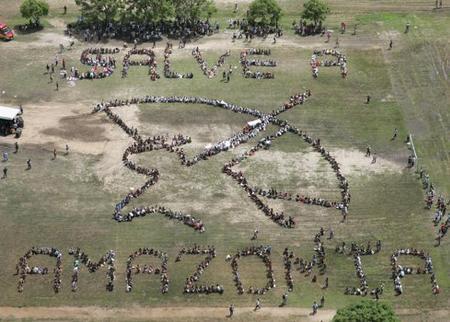By Timmons Roberts*

Photo Cred: Orin Langelle/GJEP
Written December 21, 2011, posted March 21, 2012
In the utilitarian lecture-hall of the University of KwaZulu Natal in Durban, South Africa, some of the world’s top scholars and activists on the “ecological debt” spoke to a half-full hall. Impassioned speeches outlined the big idea: that rather than owing a huge economic debt to private and World Bank lenders and governments of the wealthier nations, the world’s poorer nations are actually owed an “ecological debt” due to the plundering of their natural resources by colonists and neo-colonizing corporations alike.
Who owes by this reckoning? The global North. The bill? By one scholarly estimate: US$1.8 trillion. Others argue that it is impossible to calculate the value of complex ecological systems, but the first level estimation is that the financial debt of poor nations is tiny in comparison and should be forgiven.
The microphone is passed around the audience in the risers, and finally finds its way to the hands of a Durban labor union leader.
Continue reading →










